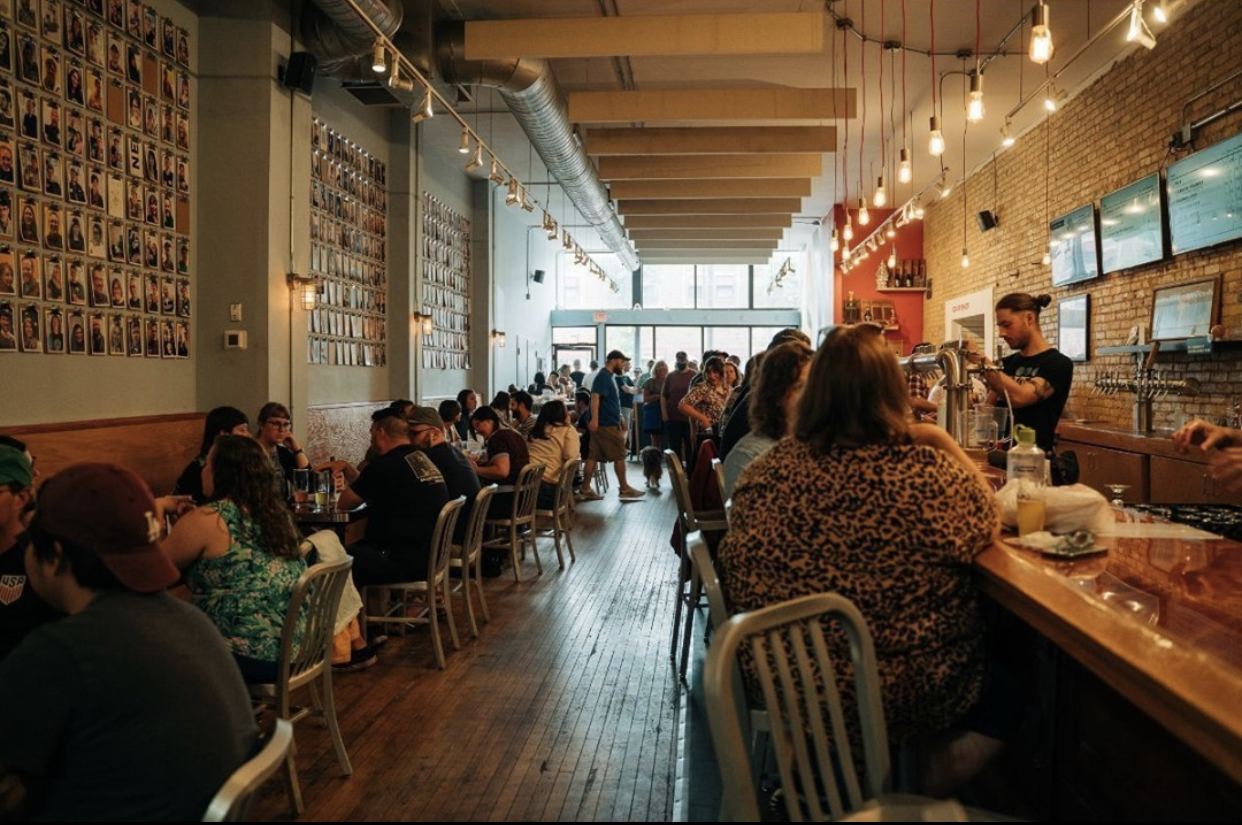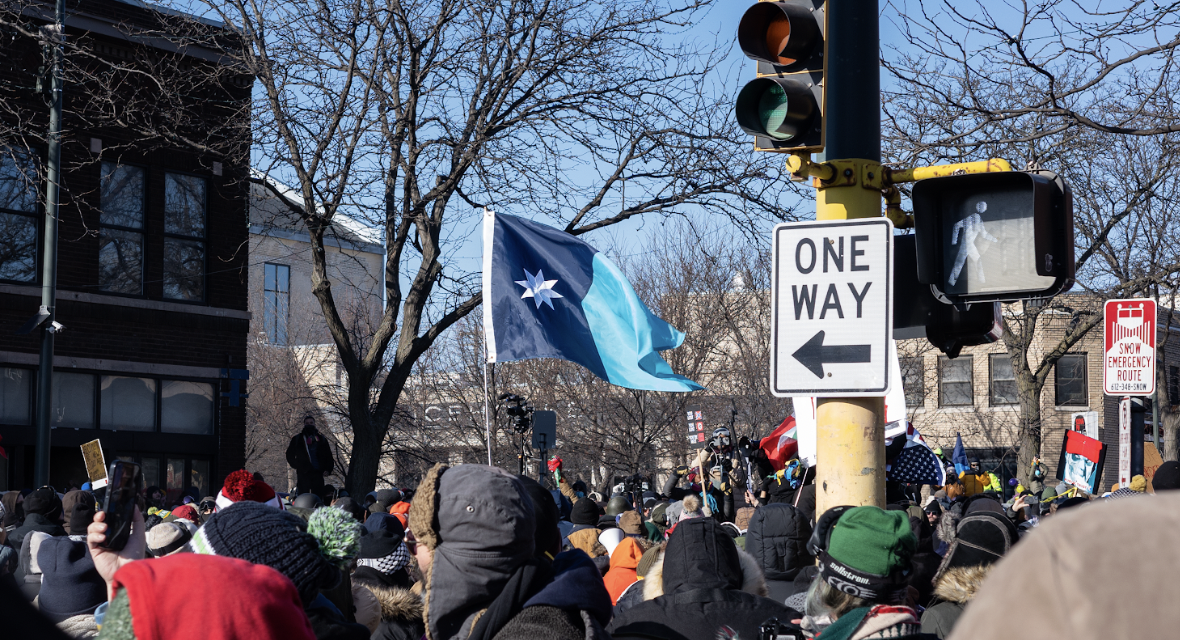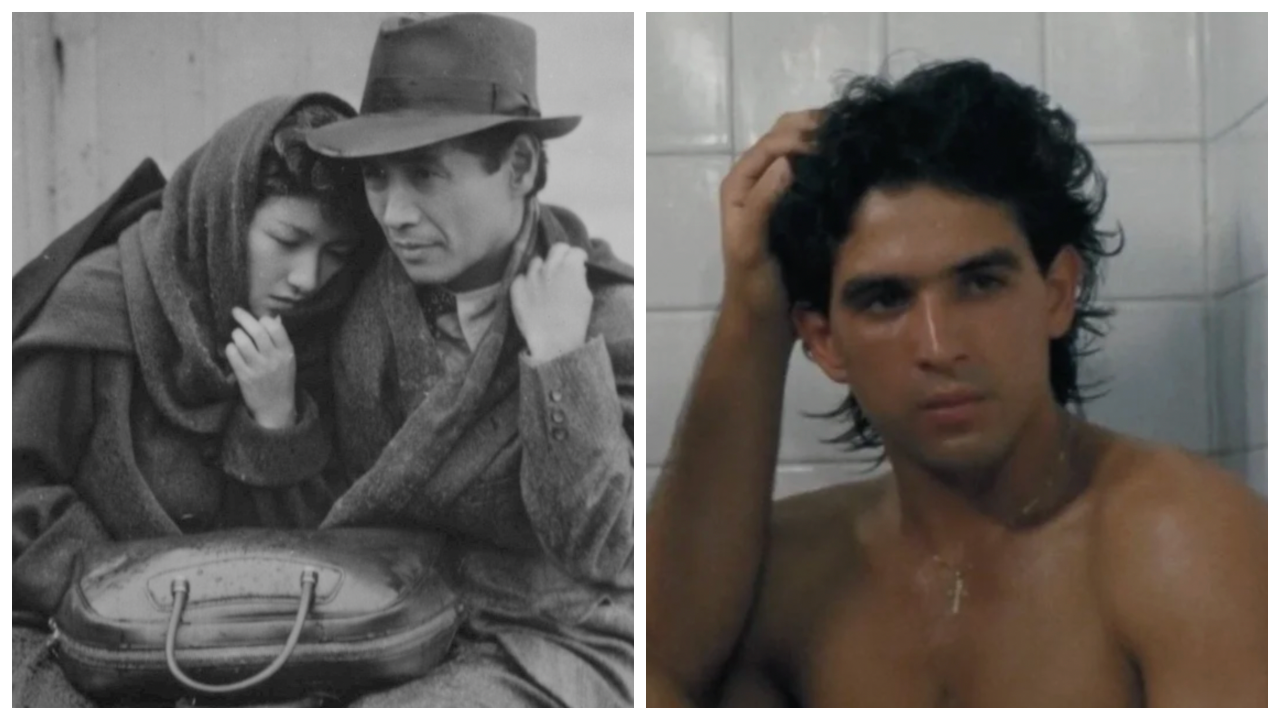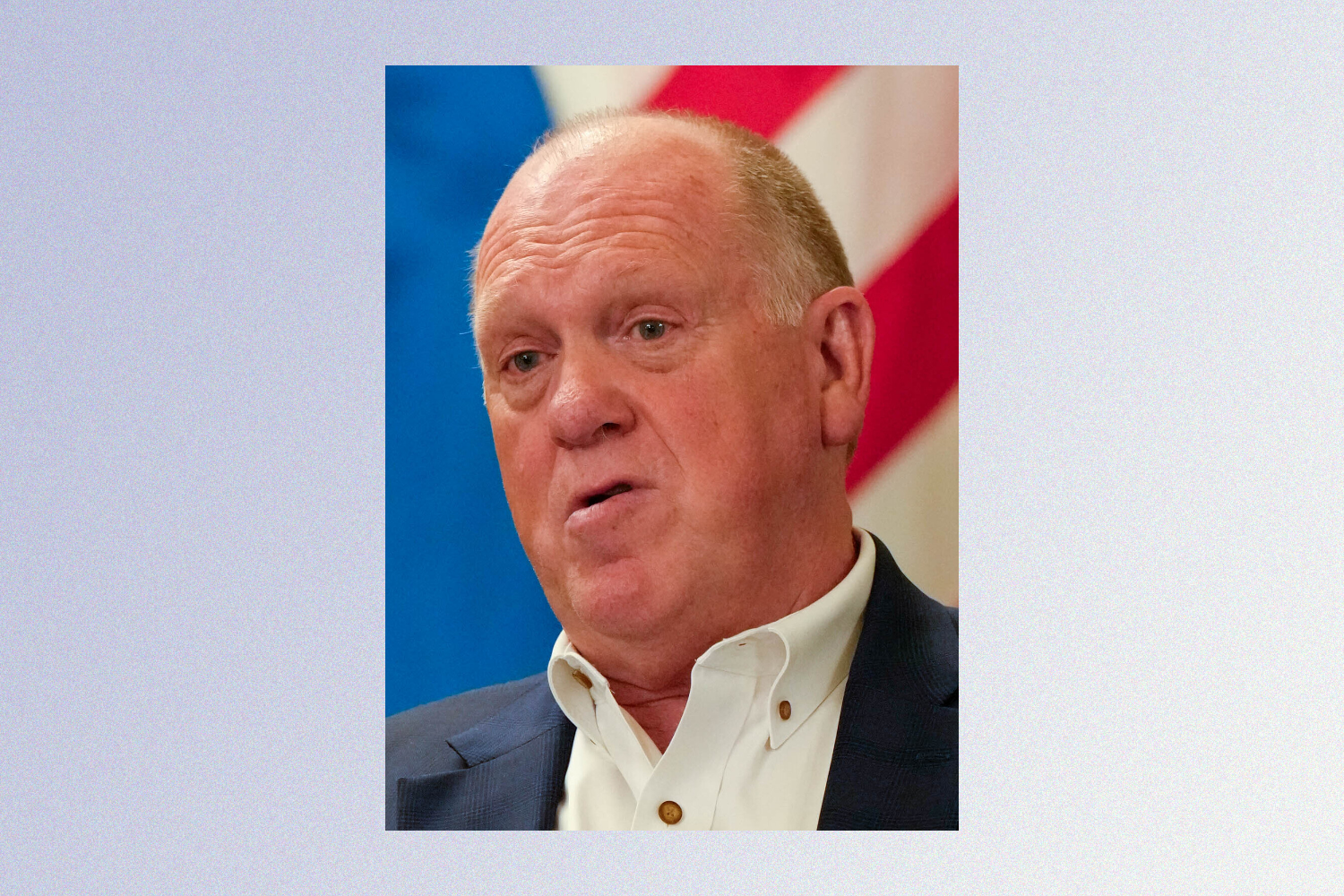Last week, reading the New York Times list of the city’s best new restaurants, I felt supremely jealous. Not that their critic, Pete Wells, has access to places like the vibrant Dhamaka and hospitality-reinventing Contento (though I am also jealous of that). I envied Wells’s ability to spend much of 2021 dining as he pleased, enjoying meals relatively worry-free in a city that requires everyone eating indoors to be vaccinated.
Omicron may have once again doomed New Yorkers’ ability to eat inside safely, but for the better part of the year, I watched as friends in NYC—along with folks in cities like San Francisco and New Orleans—dined out confidently thanks to citywide vaccine policies. Lacking similarly sweeping mandates, restaurants and bars in Minneapolis and St. Paul have been left to take the vaccine issue upon themselves. Hark! Cafe in downtown Minneapolis was the first, in late August, with St. Paul dining institution W.A. Frost not far behind. Bars like Palmer’s, Part Wolf, and Mortimer’s soon followed.
And then, news of new vaccine-required restaurants kind of… stopped. Earlier this month, when Heavy Table published a running list of the bars, breweries, restaurants, and venues requiring vaccinations or a negative test to dine inside, I counted only 11 total restaurants. (Some vax-required bars, including Part Wolf, Mortimer’s, and Palmer’s, are among the 20-odd places that appear under “performance venues.”)
I knew the number was low, but I was surprised to learn how low it was—and I’m not the only one. “First of all, I want to touch on my own surprise that there weren’t other people doing the same thing earlier,” Matt Hauck, co-founder and director of retail at Fair State Brewing Cooperative, told me last week.
Fair State’s vaccine requirement policy went into effect on December 10, and looking back, Hauck says he wishes they’d done it sooner.
“I think there was a thought, like, ‘Surely, this will just be a thing we all start doing,'” he says. “But that’s only going to happen if other people start to do it. So we should be one of those people.”
“To be honest, I'm surprised too,” says Wes Burdine, owner of The Black Hart of St. Paul, where the vaccine policy is also relatively recent. “We dragged our feet a bit because it's really tough for the little independent places to do it on their own. I hoped the city would act because then patrons wouldn't be surprised, they would have an expectation: Download the Docket app or whatever and you're always ready.”
Hey, remember the Docket app? It was introduced in September as an easy way to store your immunization records, so you’d have them at the ready whenever you went to a vax-required restaurant or venue—even if you didn’t know you’d need it beforehand. How convenient! But after saying, “this exists,” there’s been no real push from the state Minnesota Department of Health to get people to use it.
That’s been a disappointment to Hauck and Burdine and nearly all of the half-dozen folks Racket spoke with for this story. Many voiced their frustrations that Minneapolis and St. Paul (and the state of Minnesota) have not only failed to implement vaccination requirements for indoor spaces like restaurants, but they've also neglected to promote things like Docket that would normalize having your vaccine record with you at all times.
Because it’s a whole thing, right? Without a municipal ordinance, restaurant owners open themselves up to the nuts who spend their days online harassing small businesses and arguing against vaccine mandates. Hark! Cafe got bombarded with hate from anti-vaxxers around the country after announcing their requirement in August; last month, St. Paul's Ngon Vietnamese Bistro’s vaccine policy put them in Rep. Mary Franson’s (R-Alexandria) anti-vax Tweeting crosshairs, for some reason.
“It's another layer of work on top of all the other layers that go into running a restaurant, and there's legitimately nothing fun or rewarding about it, beyond knowing that you're helping to slow the spread of a pandemic through your community,” says James Norton, founder of Heavy Table and one of the curators of its vaccine requirement list.
Even if the drama doesn’t reach those levels, who takes on the additional job of checking vaccination cards? What’s the protocol if a guest refuses? Or if one member of a party of six forgot their card? Do you send them home?
After nearly two years spent scraping by thanks to COVID, many restaurant owners don't feel like putting themselves on the line yet again, opening themselves up to criticism and adding to the daily stress and discomfort of the new reality. At least, we assume... though we contacted about a dozen local leaders in the restaurant industry who don't require vaccines, all declined to comment (and many didn't respond at all).
But for some folks, like Michelle Winchester at Twin Spirits Distillery, it doesn’t matter if it’s a little awkward—it’s a matter of life and death.
“I have MS and I have some staff who are immunocompromised, because of this we have been playing it safe since the beginning of the pandemic,” Winchester says. Putting the vaccine requirement in place allowed them to reopen their taproom in November, and in December, they decided to add proof of the booster for COVID vaccines more than six months old. “We can’t function if myself or staff get sick, so we take our safety very seriously," she says.
The situation is similar for Hai Truong, chef and co-owner of Ngon Vietnamese Bistro: His wife and several of their employees are immunocompromised, so a vaccine requirement made sense. “We were surprised that the state didn’t do it,” he says. (Asked about the Franson fiasco, Truong laughs and says he doesn’t monitor Ngon’s social media all that closely, “So the Twitter thing was a real surprise.”)
And Hauck at Fair State says that, in his experience, it really hasn’t been that complicated. The thing that pushed Fair State to introduce their policy this month was that two staff members attended a beer fest in Portland, Oregon, where although there’s no legal vaccination requirement.
"Half the places we went to, ranging from dive bars to foodie little wine bars, were requiring vaccinations," Hauck says. "And doing it in a really chill way: Oftentimes your server would check, or they’d do it at the bar, something like that.”
Black Hart’s policy exists because Burdine thinks we can get back to some level of normalcy, and this is part of how we get there. It’s a way for his bar and its patrons to try and keep each other safe. It hasn’t had much, if any, effect on their business—people are happy about it overall, the only problem is when folks are surprised by the policy and don’t have their proof on hand.
“But I'm disappointed both the mayors have abdicated responsibility and it's up to each business to do the job,” he says.
“My main complaint amid all of this is that Minneapolis and St. Paul and the state of Minnesota should all be doing a lot more, controversy be damned,” Norton at Heavy Table says. “I was in New York City last month and it totally ruled to have my vaccine card checked whenever I walked into a restaurant.”
Hauck admits it can be tough to be in the minority, because people aren’t used to showing them. But so far, there’s actually been “overwhelming support” for Fair State’s policy. People started coming in right after they made the announcement to say that they appreciated it. Last week, their first full week with the vaccine requirement in effect, was their busiest in months.
“At this point, in conversations I’m having with other people who are running breweries, I’m sharing that this has been good for us," Hauck says. "Because I want other people to do it, too.”







